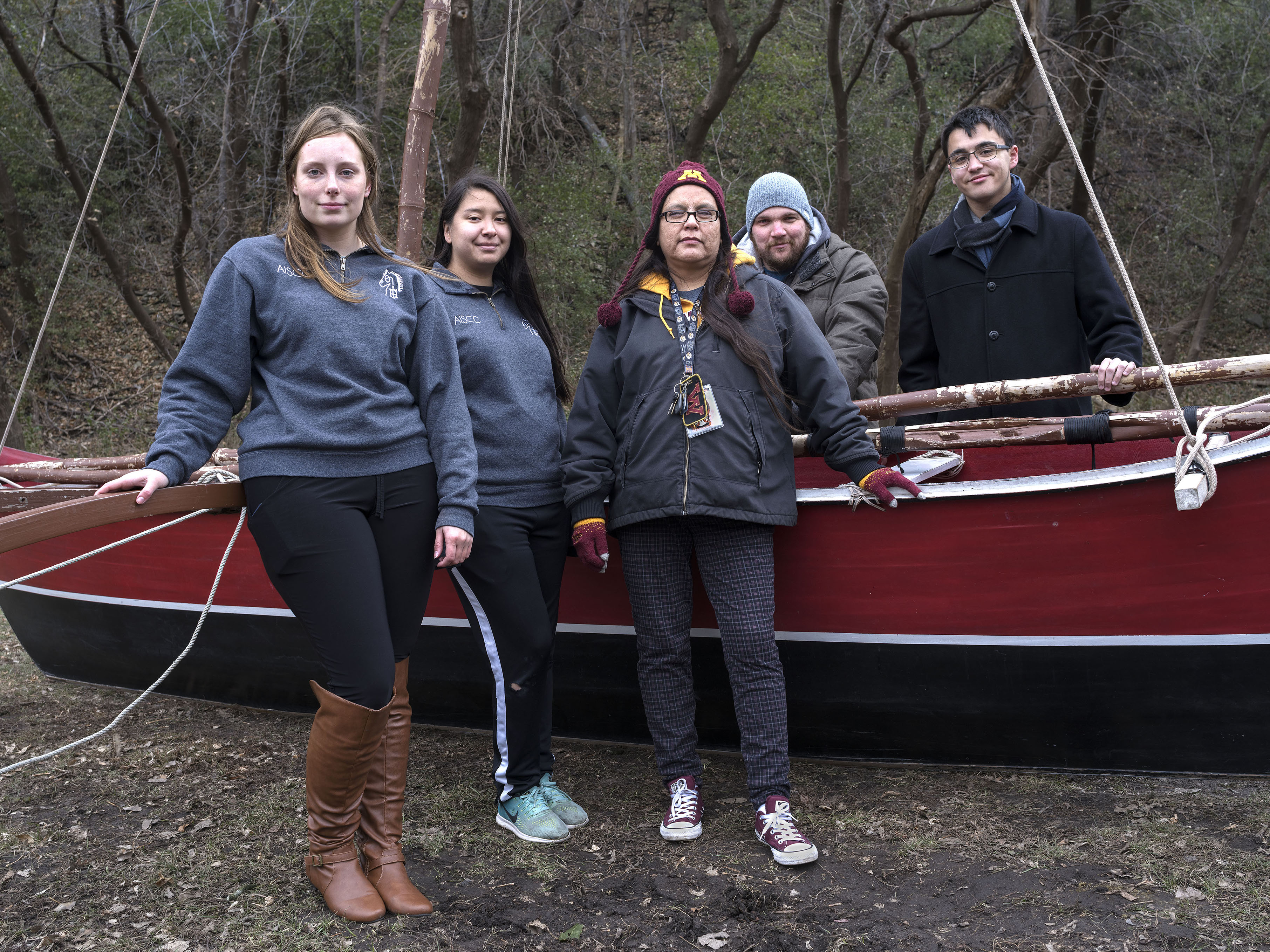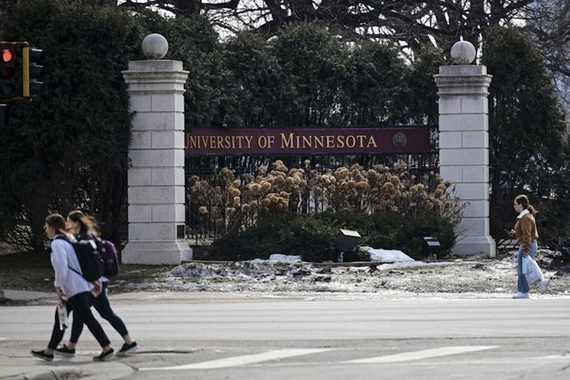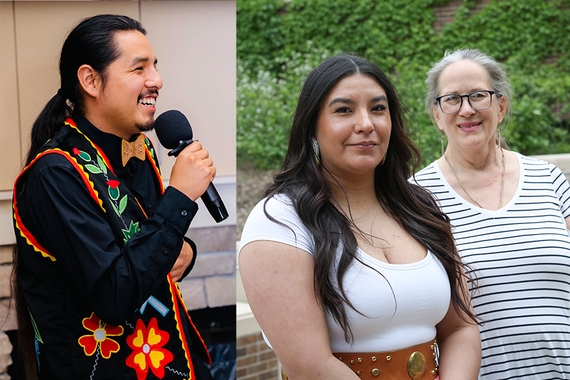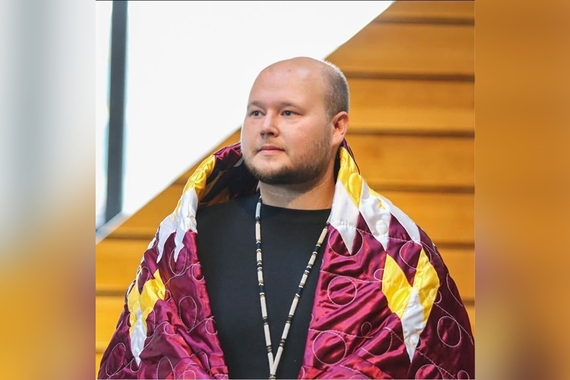On Purpose: Portrait of American Indian Studies

Hau mitákuyepi! (Hello, our fellow creation!)
Boozhoo indinawemaaganag! (Hello, my relatives!)
We call upon our neighbors in the University community and the good people of the state of Minnesota to acknowledge and reflect upon the fact that the University of Minnesota stands on Miní Sóta Makhóčhe, the homelands of the Dakhóta Oyáte. We call upon our neighbors to acknowledge that the river that winds through campus links us to the sacred site of the Dakhóta people’s origin at Bdote, where the Minnesota River joins the Mississippi. Our Dakhóta hosts invite us to say “Bdote,” to say “Miní Sóta Makhóčhe,” to acknowledge the Dakhóta Oyate’s sovereignty and their spiritual ownership of this homeland, their place of origin. This sovereignty, this place, and this water is sacred, and the Department of American Indian Studies wants to share this fact with those who may have forgotten that.
We call upon our neighbors to reflect upon the fact that these rivers, this moving water, draws the University into a relationship to the sovereign nations of the Dakhóta and Anishinaabe people who make their homes along these waterways. The University acknowledged this relationship when, in June 1969, it recognized the need to establish the first Department of American Indian Studies in the United States. Here, we created a space where American Indian perspectives and ways of knowing could be reflected upon, developed theoretically, and applied critically in the study of Native historical, cultural, political, and artistic life and experience. We want you to know that central to carving out this space for Indigenous ways of knowing is the department’s commitment to the teaching and revitalization of the Dakhóta and Ojibwe languages. These languages and these ways of knowing are sacred, and we want to share this fact with those who may have forgotten that.
We call upon our neighbors in Miní Sóta Makhóčhe to reflect upon the way these rivers form watersheds that link the University to Native nations throughout North America, and as these rivers join with the oceans, they link the University to Indigenous peoples, nations, and communities around the world. We want you to know that the Department of American Indian Studies, through the creative juxtaposition of local, regional, and global Indigenous experiences, reflects on and participates in the worldwide resurgence in Native and Indigenous cultural, intellectual, social, and political lives. This work is sacred, and we have not forgotten that.
We call upon our neighbors in Miní Sóta Makhóčhe to recognize that as these waters evaporate and rise into the sky, they become the air we breathe, and in breathing them we accept the responsibility of caring for the well-being of one another and for all our relatives, including these waters and this land and all who live in them and on them. The breath of these waters and this land is sacred, and we call upon all of you to join us in remembering that.
Miigwech bizindawiyaang! (Thank you all for listening!)
Wóphida tháŋka ečhíčiyapi do! (Thanks to all of you!)


